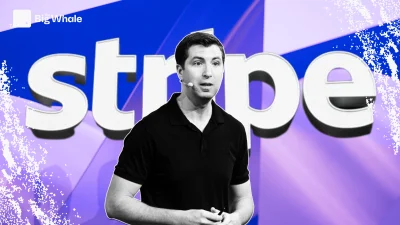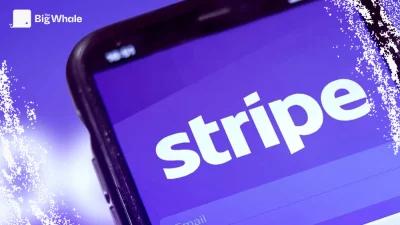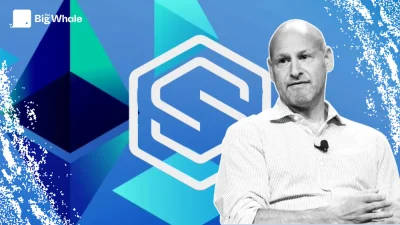Pablo Veyrat (Angle) : "On a failli tout arrêter"

Un peu plus de deux mois après le hack d’Euler Finance, Pablo Veyrat* revient sur cet épisode qui aurait pu emporter Angle. Le co-fondateur du protocole d’origine française revient aussi longuement sur l’avenir du stablecoin euro, agEUR, ainsi que sur les défis qui attendent la finance décentralisée !
The Big Whale : À 25 ans, on a la possibilité de faire beaucoup de choses, et vous avez choisi de travailler dans l’écosystème crypto, et plus spécialement dans la finance décentralisée. Pourquoi un tel choix ?
Pablo Veyrat* : J’ai découvert la finance décentralisée à la fin de mes études. J’étais à Polytechnique, et c’est là-bas que j’ai eu mon premier cours sur les cryptomonnaies, puis j’en ai eu un second lors de mon passage à Stanford aux Etats-Unis. Le sujet m’a tout de suite passionné.
Vu ma formation d’ingénieur, c’est sûr que j’aurais pu aller travailler dans la transition écologique, qui est d’ailleurs la voie qu’emprunte la majorité des gens de mon âge, mais j’ai vu dans la DeFi l’opportunité de construire un monde financier plus juste et plus efficace. Le système traditionnel ne fonctionne pas bien, il y a trop d’intermédiaires qui coûtent cher et qui travaillent de manière opaque…
Quand j’ai compris comment la DeFi fonctionnait, et ce que la transparence permettait, je me suis dit qu’on pouvait créer des choses vraiment intéressantes.
À quand remontent vos premiers contacts avec les cryptos ?
Avant d’investir dans un produit, l’investisseur doit comprendre entièrement les risques et consulter ses propres conseillers juridiques, fiscaux, financiers et comptables.









